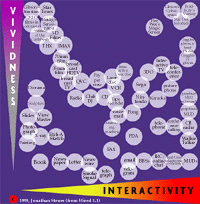Most people have heard about Sen. Stevens series of tubes,
but few people remember Cartfone, probably because most people
using the Internet weren’t born in 1959 when Thomas Carter
invented a device that let radio calls be fed through
the telephone system, so oil riggers and the like could
radio in telephone calls to home.
Most Internet users weren’t born in 1968, either, when
the FCC ruled that anybody (not just AT&T)
could make devices to connect to the telephone network.
Before that, your telephone equipment choice was basically
a black brick with a dial, or a Princess phone that lit up.
No wireless handsets, no cell phones, no answering machines,
no faxes, no modems.
The FCC ruling was necessary because when AT&T discovered Carterfone:
Then a monopoly, AT&T declared that any device that it didn’t make
could potentially harm the network, even though about the only way to
damage that era’s network of copper wires and electromechanical switches
would’ve been with an ax.
FCC ruling from 1968 may have impact today,
KEVIN MANEY, USA TODAY,
February 1, 2007
Ancient history?
Yes, but maybe worth repeating.
Continue reading →  20 Maryland state representatives have sponsored a bill
that says that broadband Internet providers in Maryland
20 Maryland state representatives have sponsored a bill
that says that broadband Internet providers in Maryland
